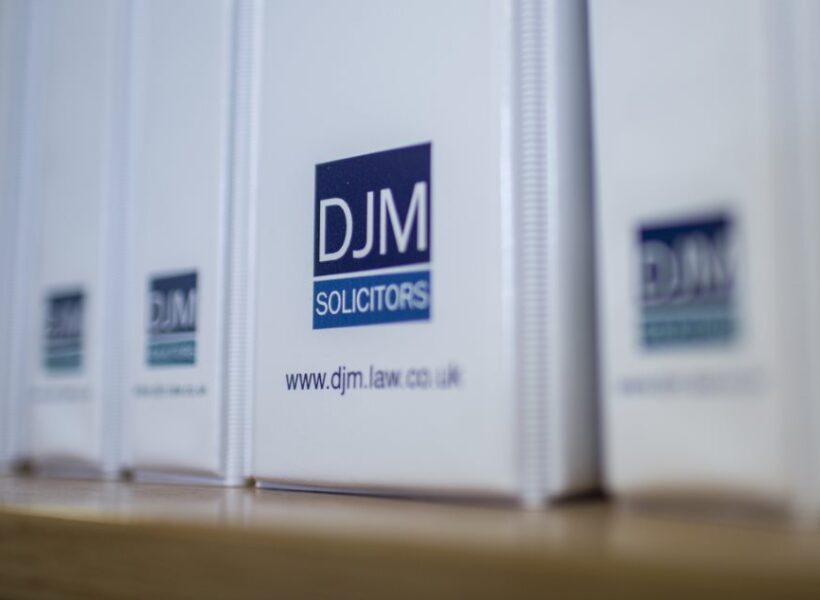Professional Negligence Adjudication
Date: September 4th 2018
Professional Negligence Adjudication – it’s all part of the Protocol!
On 1 May 2018, an amendment to the Professional Negligence Pre-Action Protocol saw a further attempt to encourage parties to use the Professional Negligence Adjudication scheme first devised as a pilot scheme in February 2015 and again in 2016.
The Professional Negligence Adjudication scheme was originally inspired by the adjudication process commonly used in construction disputes. The Adjudication scheme is defined by the protocol as a voluntary process by which an independent adjudicator provides the parties with a decision that can resolve the dispute either permanently or on a temporary basis, pending subsequent court determination.
The scheme was refined and relaunched in May 2016 following slow uptake of the original pilot. Since that point, adjudication has been an available form of ADR for any type of non-medical professional negligence dispute of any value including multi-party disputes.
All Adjudicating parties must agree the following:
- To be bound in writing by the provisions of the scheme;
- whether the adjudicator’s decision will be binding and final or not final; and
- Whether the adjudicator will be entitled to direct one party to pay another party’s costs;
Unlike construction adjudications, the process cannot be imposed by one party on the other, it has to be consensual.
The aim is to provide parties to a professional negligence dispute with a resolution which will be achieved much faster and cheaper than if the parties were to litigate. Whilst court proceedings could take 12 months to reach a final trial, an adjudicator can provide a reasoned decision within 56 days of their appointment.
Whilst it may be difficult for a claimant to assess whether adjudication is appropriate at such an early stage of proceedings it should be noted that the scheme can be used at any time during the litigation process. For example, if settlement could not be reached at mediation because of, say, a significant difference in views as to the quantum of the claim and the principles to be applied in calculating quantum, an adjudication on that issue could break the deadlock. This would still result in a significant saving on the substantial trial costs of a trial which may still be many months away.
If you require any assistance with a professional negligence matter, please get in contact with Laura Zverev who would be happy to help you.

